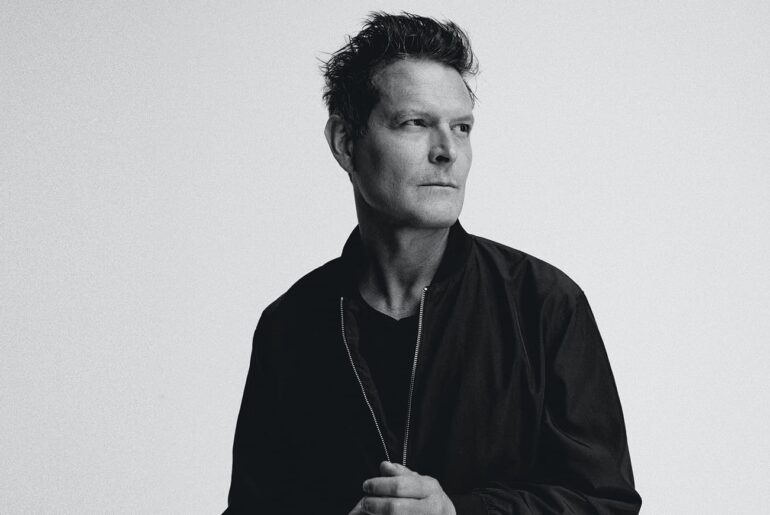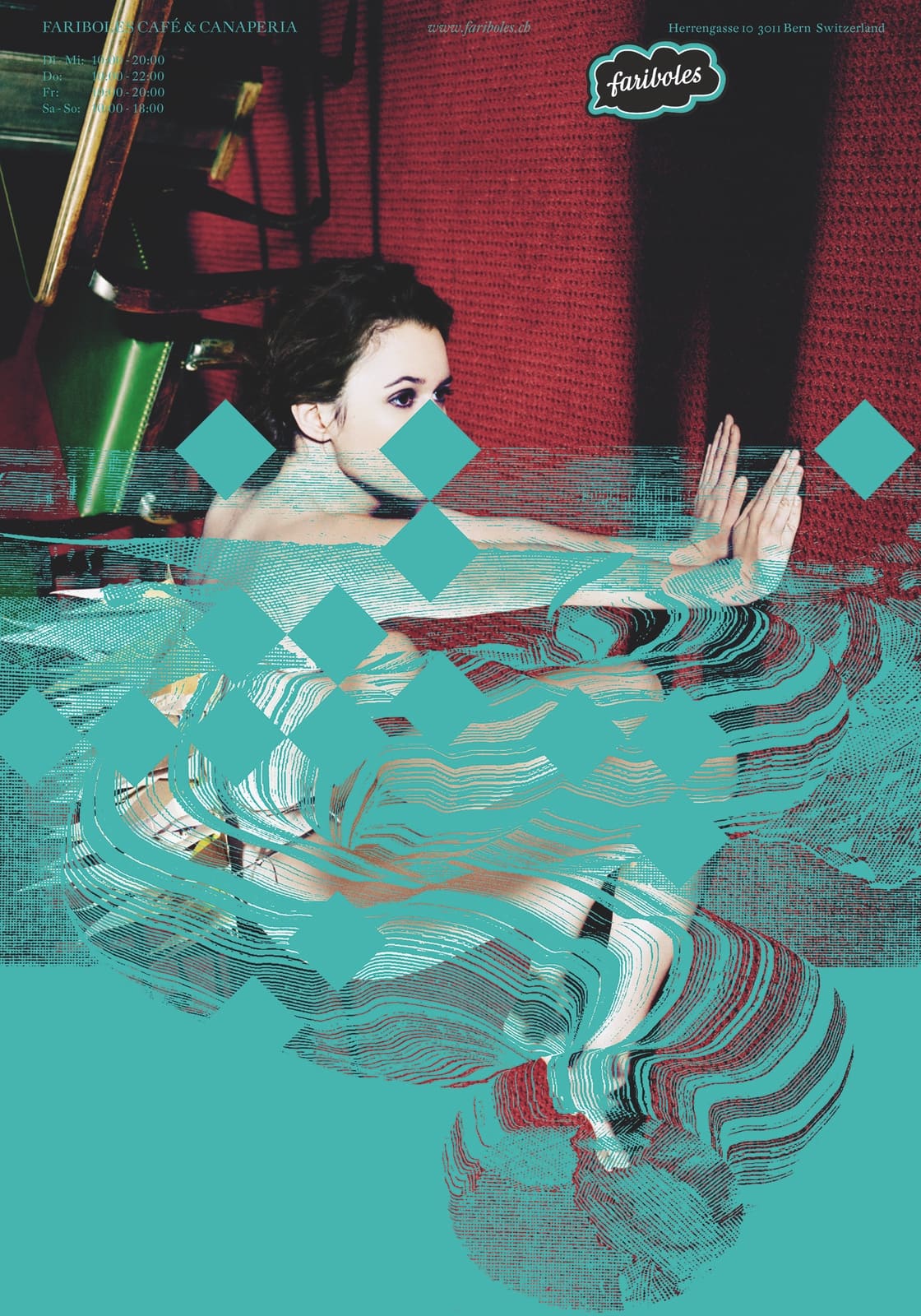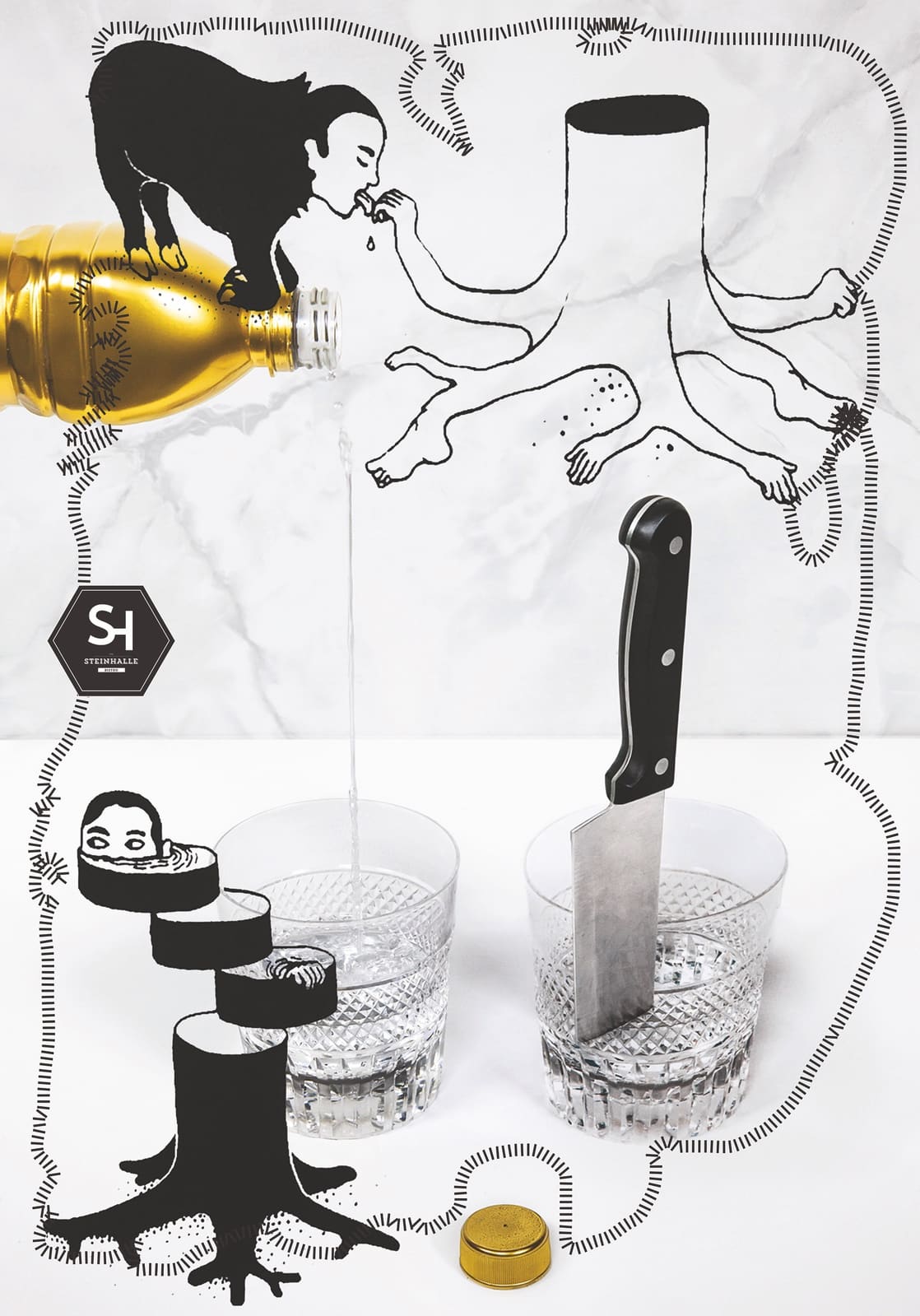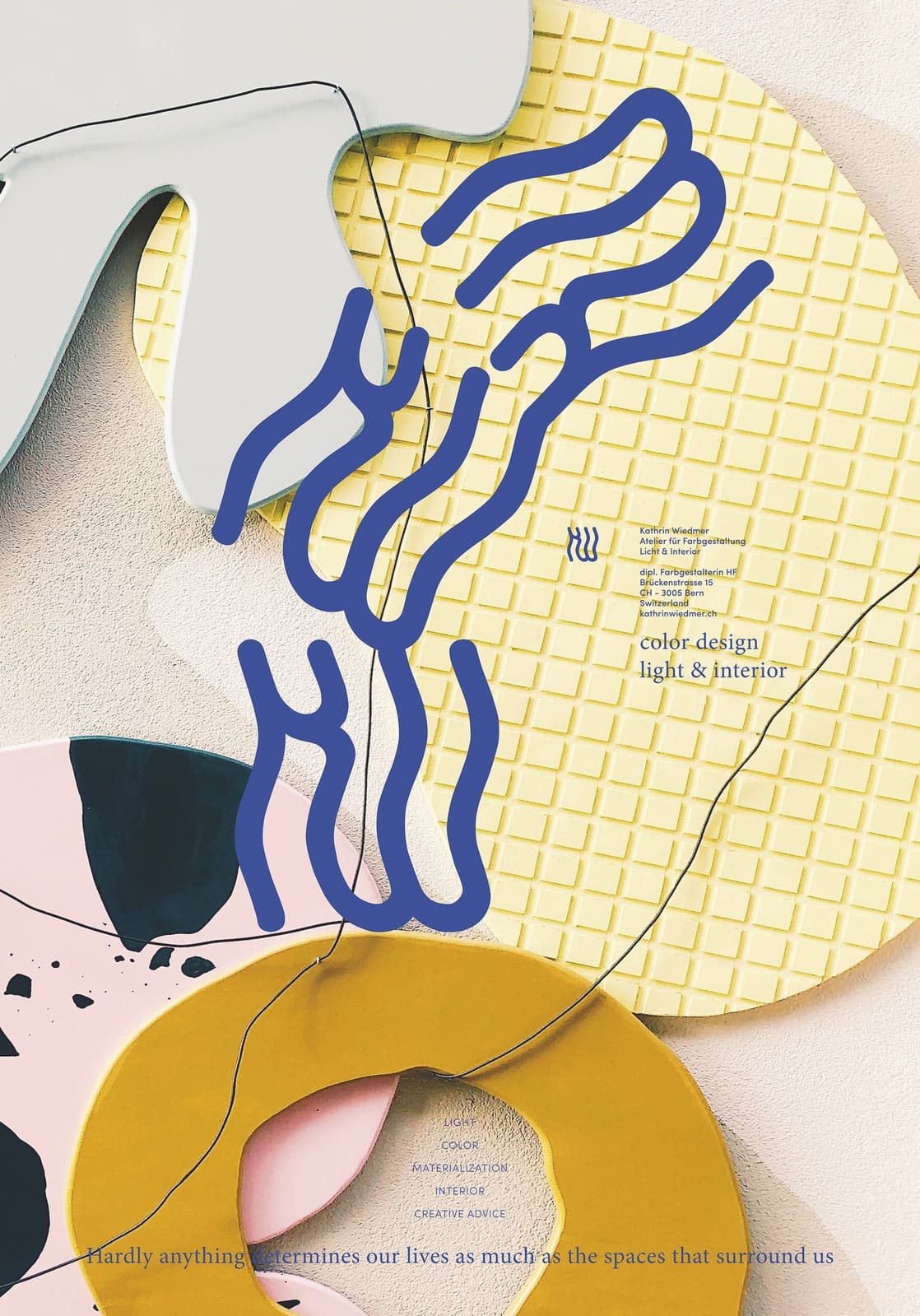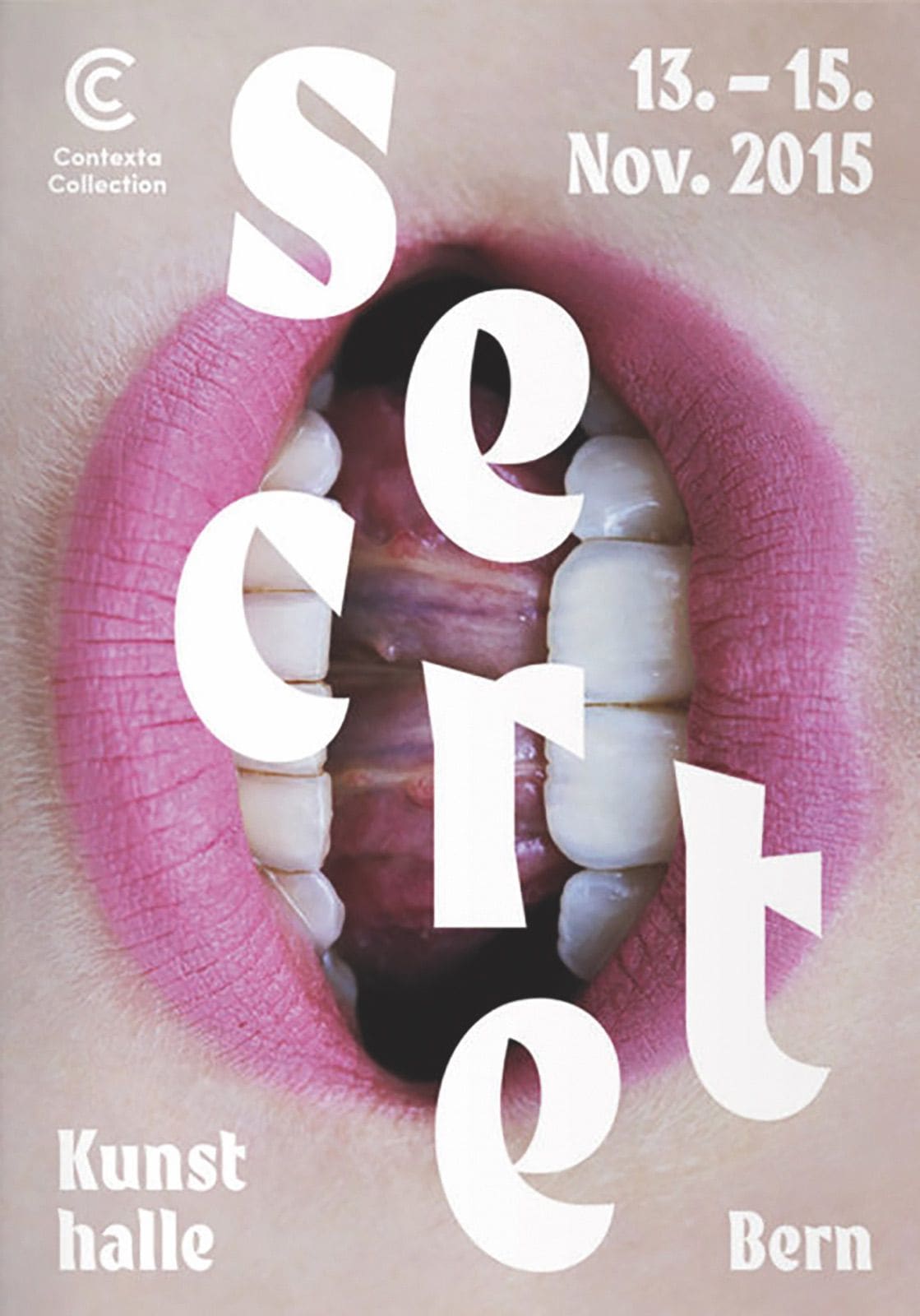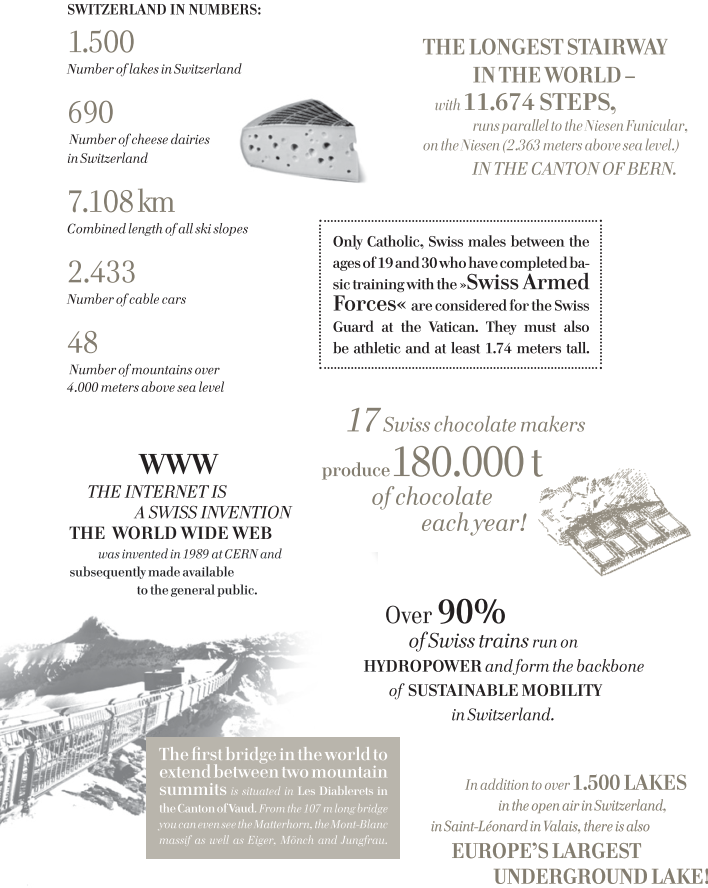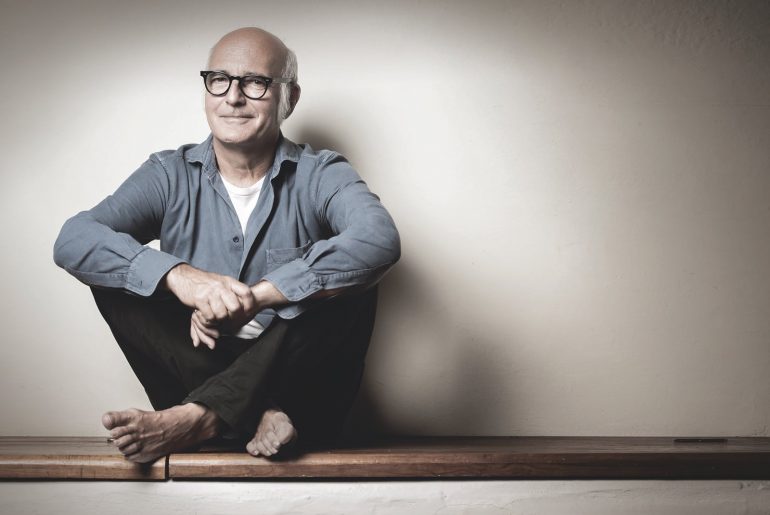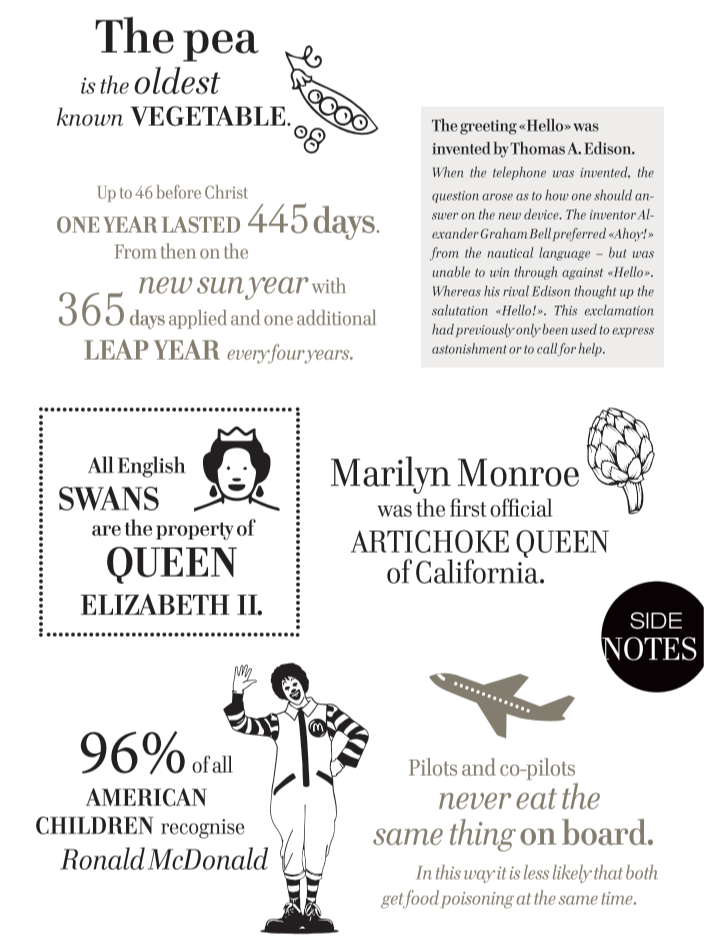Where actually is hope?
Almost unnoticed, a small but subtle depression has entered our luxurious suburban villa. Just like the lousy weather of the last few weeks, it slowly crawled up the walls and settled in the corners. At a time of war being fought so visibly in the middle of Europe, a pandemic that has just been overcome, and with the next economic and banking crisis already looming – is anyone surprised if mental health has taken a back seat?
The first step to fixing a problem is to identify it! We need some momentum in the pad, so I roll up the sleeves of my RRL shirt and wait for a spark of inspiration! When Adam, my can opener and housemate, comes home from work hours later, I’m still standing and trying to organise my thoughts. Meanwhile, a certain hopelessness has spread and is beginning to grip my heart icily. This eternally bad news – I’m so sick of it! How is a tomcat supposed to handle all this?
Adam has probably been standing for quite a while and looks on with concern as I stand in our living room, as though rooted to the spot, staring blankly, just like a living decoration. After a half-hearted attempt to cheer me up, he finally disappears into our luxury spa bathroom. In the meantime darkness has fallen and I stare silently into the blackness. Hope hasn’t made even a brief appearance, it’s stayed where it is – nowhere to be found. Suddenly loud music comes from outside. «Grönemeyer kann nicht tanzen,» bellow Die Ärzte from a car radio, and the beat of the music takes up residence in my ears immediately. Suddenly my toes start to wiggle. The music slowly awakens me from my stupor and pushes away the resolute cold. Excitement slowly rises from the icy ground into the tip of every single hair. Then I start to move, tapping out the beat with my tail, making irregular movements and finally sweeping through the room with wildly flailing arms and seemingly spasmodic motions. Grönemeyer can’t dance? But I can and I dance away all the frustration from my tomcat soul. In an expressive display of contemporary dance, I jump, roll, fall, rise up, tumble around … I stretch my arms to the sky, my breathing is unrhythmic, my gaze maniacal. The living room is has been left in complete confusion, but my negative thoughts have disappeared. No more musty melancholy! What a relief, I am infinitely grateful for the moment!
Adam stands in front of me like a ghost in white silk pyjamas and stares at me with huge eyes. Loud music blares from the stereo. «Have you lost your mind?» he blurts out. «No, hope, but I found it again,» I reply impatiently, like everyone in the know. Adam looks at me in horror. «But, what’s the matter?»
«This is the matter!» I spit out, laughing diabolically into his surprised face, slam the living room door and continue dancing, gesticulating wildly. It wouldn’t be me if I didn’t capitalise on my experience. Just hours later, our hobby room has been transformed into a dance hall with a powerful music system. With the euro sign in my eyes, I rub my paws and eagerly post «hope» on all channels of the World Wide Web.
Copyright Illustration: Manuela Dona








